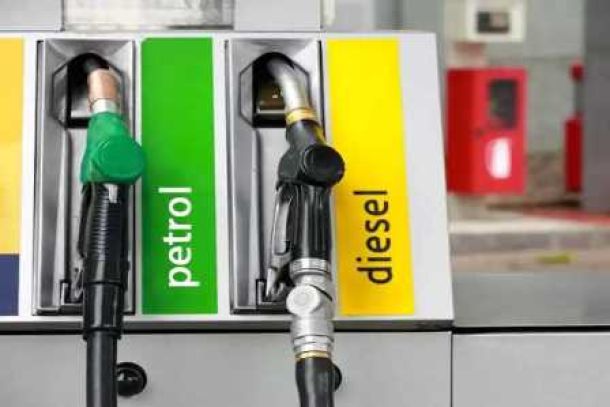Barclays is pulling out of Absa: report
Barclays bank is sounding the retreat in Africa, with plans being drawn up to drop some of its stake in Barclays Africa.
The group currently holds a 62% stake in the Africa group which serves as its foothold onto the continent.
While known as Absa locally, Barclays Africa is a group of banks operating across Africa, including Kenya and Botswana.
According to a report by the Wall Street Journal, Barclays was one of the few ‘western’ banks to form a big presence on the continent.
However, with many sub-Saharan economies in turmoil – including South Africa – the adventure no longer fits in with the group’s strategy.
The move comes as result of new Barclays CEO Jes Staley’s move to cut weak units from the bank.
Based in South Africa, Barclays Africa/Absa has been hit hard by recent economic turmoil.
The rand has lost over 30% of its value in the past few weeks, while the country is plagued by poor economic policies and ongoing drought conditions.
The ANC Youth League blames Absa for the rand weakness, saying that Barclays itself is behind the crash.
The political group said that Barclays has been “excessively and aggressively” selling the local currency for the past few months.
“This has created a panic in international commodity trading platforms like forex. The excessive selling by Barclays has in turn reduced the demand for the South African rand,” the ANCYL said.
“The plan is to sell so much of the rand currency in order to drive down its price and then to later re-purchase it, which will push up its value as demand for it increases.”
“This is how that they profiteer and play with our country, through their actions.”
The league pointed out that in May 2015, Barclays was hit with a $2.4 Billion fine for rigging the foreign exchange market, and has, over time, paid a total of $638 million for misconduct related to Foreign Exchange at the New York Department of Financial Services.
They accused the finance house of ditching South Africa in favour of boosting the economies of their home countries.
News Category
- International retailers
- On the move
- Awards and achievements
- Legislation
- Wine and liquor
- Africa
- Going green
- Supplier news
- Research tools
- Retailer trading results
- Supply chain
- Innovation and technology
- Economic factors
- Crime and security
- Store Openings
- Marketing and Promotions
- Social Responsibility
- Brand Press Office
Related Articles

Confirmed: Petrol, diesel price cuts on Wednesday

Petrol price relief expected next week

SA poultry industry calls for targeted chicken ...

Empowering South African households through gro...


